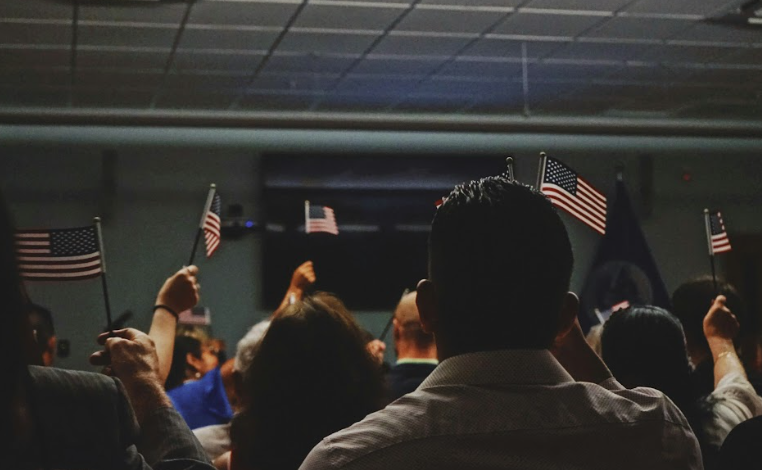Police Body Cameras: How Video Evidence Shapes Criminal Defense Strategies

In recent years, the use of body cameras by law enforcement agencies has gained significant momentum across the United States. These compact devices, worn by officers during their shifts, capture video and audio recordings of interactions between police and citizens. The implementation of body cameras has been driven by the need for increased transparency, accountability, and the potential to provide valuable evidence in criminal cases.
The Impact on Evidence Collection
Body camera footage has proven to be a game-changer in the realm of evidence collection. Unlike eyewitness accounts or written reports, which can be subject to human biases and inconsistencies, video evidence offers an objective and comprehensive record of events. This invaluable resource allows criminal defense attorneys to analyze and scrutinize every detail, from verbal exchanges to physical actions, enhancing their ability to build robust defense strategies.
Challenging Eyewitness Testimony
Eyewitness testimony has long been a crucial component of criminal cases, but it is not without flaws. Human memory is fallible, and recollections can be influenced by various factors, such as stress, bias, and suggestibility. With the availability of body camera footage, criminal defense attorneys can challenge conflicting eyewitness accounts and reinforce their arguments with objective video evidence, potentially casting doubt on the prosecution’s case.
Assessing Officer Conduct
Body camera recordings also provide a valuable tool for evaluating the conduct of law enforcement officers during encounters. Criminal defense attorneys can closely examine whether proper procedures were followed, whether excessive force was used, and whether the rights of the accused were upheld. This scrutiny can be instrumental in identifying potential violations of due process or civil rights, which could lead to the suppression of evidence or the dismissal of charges.
The Impact on Plea Negotiations
The presence of body camera footage can significantly influence plea negotiations between the prosecution and the defense. When the evidence captured on video undermines the prosecution’s case or raises reasonable doubt, criminal defense attorneys may be in a stronger position to negotiate favorable plea agreements or seek case dismissals. Conversely, if the footage appears to corroborate the prosecution’s allegations, it may prompt the defense to reconsider their strategy and explore alternative options.
Enhancing Trial Presentations
In court, body camera footage can be a powerful tool for criminal defense attorneys to present their case in a compelling and visually engaging manner. Rather than relying solely on witness testimony or written reports, attorneys can leverage the video evidence to vividly depict the events as they unfolded. This multimedia approach can be highly effective in capturing the attention of jurors and providing them with a comprehensive understanding of the circumstances surrounding the case.
Addressing Privacy Concerns
While body cameras offer numerous benefits in the pursuit of justice, their use has also raised privacy concerns. Criminal defense attorneys must navigate the complexities of protecting the privacy rights of their clients while effectively utilizing video evidence. Strategies may include seeking redactions or carefully selecting relevant portions of footage to present in court, ensuring that sensitive or irrelevant information is not unnecessarily disclosed.
Collaboration with Experts
To maximize the impact of body camera footage in criminal defense strategies, attorneys often collaborate with experts in various fields. Video analysts can enhance and scrutinize footage, forensic experts can interpret physical evidence captured on camera, and use-of-force consultants can assess the appropriateness of actions taken by law enforcement officers. This multidisciplinary approach ensures that every aspect of the video evidence is thoroughly examined and interpreted.
The Future of Video Evidence
As technology continues to evolve, the role of video evidence in criminal defense strategies is likely to become even more prominent. Advancements in camera resolution, storage capabilities, and analytical tools will further enhance the ability of attorneys to dissect and present video evidence effectively. However, it is essential that the use of this technology remains balanced with the protection of individual privacy rights and the preservation of due process.
The introduction of police body cameras has profoundly reshaped the landscape of criminal defense strategies. Video evidence offers an objective and comprehensive record of events, allowing attorneys to challenge eyewitness testimony, assess officer conduct, and build compelling cases. As technology advances, the impact of body camera footage on criminal defense strategies is poised to continue evolving, underscoring the importance of seeking guidance from experienced legal professionals who can effectively navigate this rapidly changing terrain.
Seeking Guidance from Experienced Professionals
For individuals facing criminal charges, navigating the legal system can be daunting, especially when video evidence is involved. Seeking guidance from experienced Criminal Defense Lawyer California, such as the Mohajer Law Firm, can be invaluable. With a deep understanding of the intricacies of criminal defense strategies and the impact of body camera footage, these legal professionals can provide comprehensive representation and ensure that clients’ rights are protected throughout the legal process.




